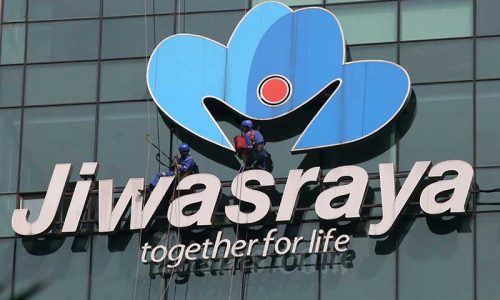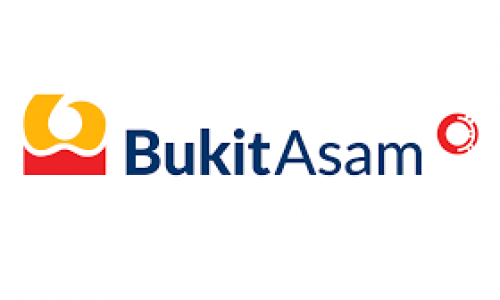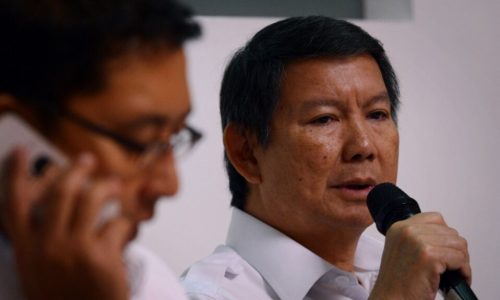Zhejiang Huayou Cobalt Co. is reportedly pursuing US$2.7 billion (Rp42.3 trillion) in funding from several banks to support its nickel refining and smelting project in Indonesia, developed in collaboration with PT Vale Indonesia and Ford Motor Co.
According to Bloomberg, HSBC Holdings Plc and Standard Chartered Plc are coordinating the loan and inviting other banks to participate in financing the nickel smelter, located in Pomalaa, Kolaka, Southeast Sulawesi.
Huayou holds a 73.2 percent stake in the project, with Vale Indonesia holding 18.3 percent and Ford at 8.5 percent. Ford’s stake may increase to 17 percent over time, under a pre-arranged agreement.
CEO of PT Vale Indonesia, Febriany Eddy, noted that regulatory progress, including environmental impact assessments, is on track, which could facilitate a smooth project rollout if all proceeds as planned.
The project, valued at US$4.5 billion, is designed to produce 120,000 tons of mixed hydroxide precipitate (MHP) per year, a key ingredient in electric vehicle (EV) batteries.
The high-pressure acid leaching (HPAL) technology used in the smelter will enable efficient MHP production.
Ford’s investment in this project is its first in Southeast Asia, reflecting the U.S. automaker’s intent to secure battery-grade materials for EVs.
Christopher Smith, Chief Government Affairs Officer at Ford, emphasized the importance of aligning with environmental, social, and governance (ESG) standards, stating that Ford aims to ensure sustainable nickel sourcing for EV batteries through this partnership.









